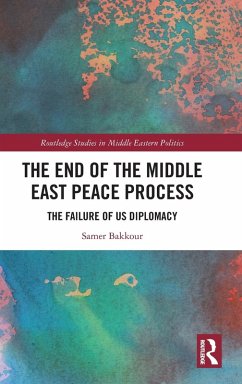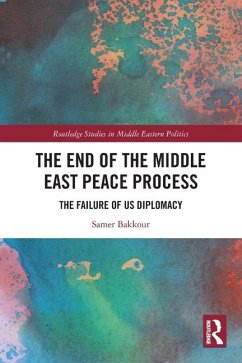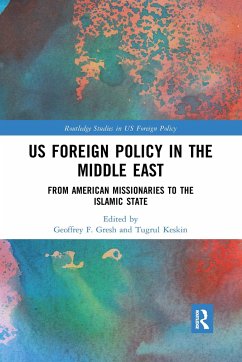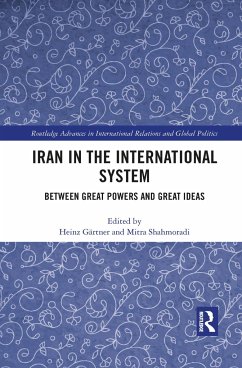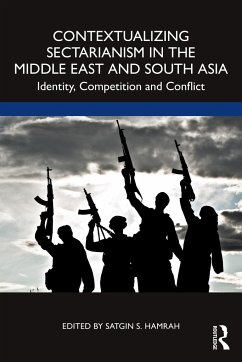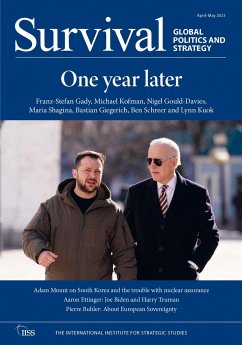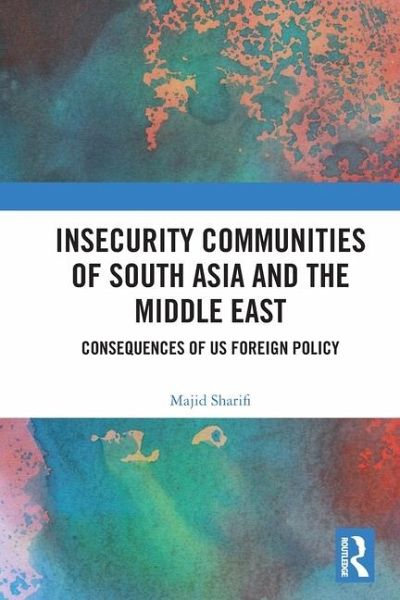
Insecurity Communities of South Asia and the Middle East
Consequences of US Foreign Policy
Versandkostenfrei!
Versandfertig in 6-10 Tagen
45,99 €
inkl. MwSt.
Weitere Ausgaben:

PAYBACK Punkte
23 °P sammeln!
This book critically examines how US foreign policy has produced a regional regime of instability and insecurity in South Asia and the Middle East. It focuses on three interconnected zones of conflict-Afghanistan and Pakistan in South Asia, Iran and the Persian Gulf states, and Iraq and its neighbours.In a comprehensive historical survey, this work compares the governing behaviour of these states with that of the West, where the American foreign policy establishment has, in contrast, pushed for investing in collective security. The author studies various events throughout history such as the T...
This book critically examines how US foreign policy has produced a regional regime of instability and insecurity in South Asia and the Middle East. It focuses on three interconnected zones of conflict-Afghanistan and Pakistan in South Asia, Iran and the Persian Gulf states, and Iraq and its neighbours.
In a comprehensive historical survey, this work compares the governing behaviour of these states with that of the West, where the American foreign policy establishment has, in contrast, pushed for investing in collective security. The author studies various events throughout history such as the Taliban regime; the US-led war in Afghanistan; the Obama administration and Pakistan; the first and second Gulf wars; the Arab Spring, and the rise of ISIS to present a theoretical analysis of Washington's consistent pursuit of multibalancing and regime change wars in the region.
An important critical assessment of Western foreign policies, this book will be indispensable for students and researchers of US foreign policy, defense and security studies, strategic affairs, politics and international relations, political economy, nation-state building, identity studies, globalization studies, Middle East studies, and South Asian studies.
In a comprehensive historical survey, this work compares the governing behaviour of these states with that of the West, where the American foreign policy establishment has, in contrast, pushed for investing in collective security. The author studies various events throughout history such as the Taliban regime; the US-led war in Afghanistan; the Obama administration and Pakistan; the first and second Gulf wars; the Arab Spring, and the rise of ISIS to present a theoretical analysis of Washington's consistent pursuit of multibalancing and regime change wars in the region.
An important critical assessment of Western foreign policies, this book will be indispensable for students and researchers of US foreign policy, defense and security studies, strategic affairs, politics and international relations, political economy, nation-state building, identity studies, globalization studies, Middle East studies, and South Asian studies.






